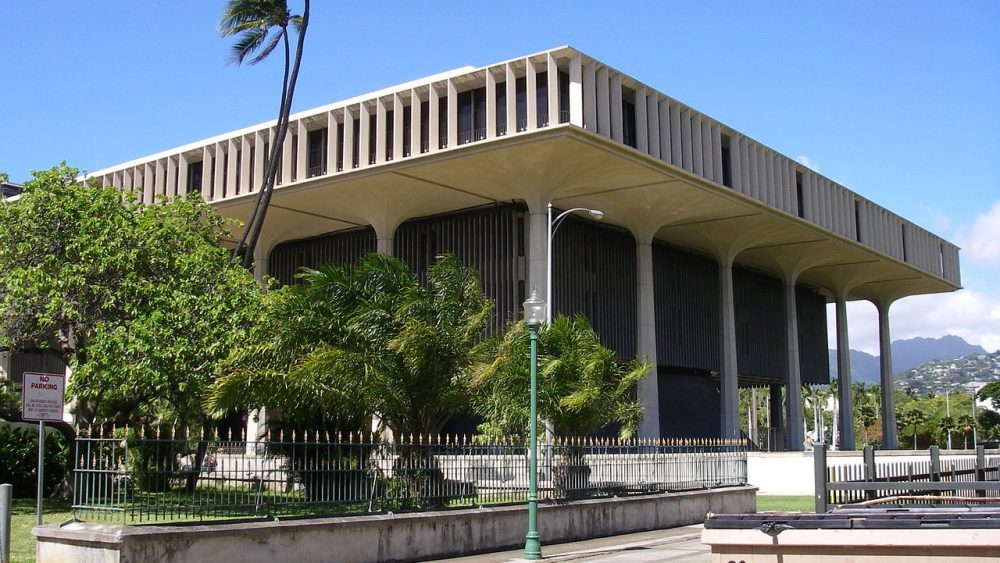June 22, 2020 •
Hawaii Ethics Commission Approves Administrative Rules on Lobbying, Gifts

The Hawaii Ethics Commission approved a package of proposals on June 18. These proposals amend and adopt portions of the Hawaii Administrative Rules related to lobbying and gifts.
The amendments in chapters one through six address the Commission’s operations and procedures. Additionally, chapters seven through 10 now include sections on “Lobbying” and “Gifts and Fair Treatment”.
The proposed rules do not purport to amend any statutes. Rather, they are designed to interpret and execute the statutes enacted by the Legislature.
Section 21-10-5
Section 21-10-5, statement of contributions and expenditures, addresses the statutory requirement that statements of contributions and expenditures must be filed by up to three different entities. This could be the client, the employing organization, and the lobbyist. Or, in the case of lobbyists employed in-house by the client, the client or employing organization and the lobbyist.
This rule creates a single, client-based report rather than requiring separate reports from the client, the employing organization, and the lobbyist. This single, client-based reporting method avoids double or sometimes triple reporting. Additionally, it eliminates the practice, when clients or employing organizations cover expenditures, of having lobbyists submit reports listing “zero” expenditures.
Section 21-10-1
Section 21-10-1 contains definitions of “direct lobbying” and “grassroots lobbying” to demonstrate that lobbying can be both direct and indirect, consistent with the definition of lobbying in Section 97-1 of the Hawaii Revised Statutes. Under Rule 21-10-1, direct lobbying is defined as any oral or written communication with a legislator, an employee, intern, or volunteer of the legislature or an agency that would appear to a reasonable person to be an attempt to influence legislation or rule-making.
Additionally, grassroots lobbying is defined as any oral or written communication directed at any member of the public that expresses an opinion about existing or potential legislation, administrative rule, or ballot issue and includes an explicit or implied call to action.
Section 21-7-6
Section 21-7-6, valuation of gifts, defines the value of a gift as the cost that a member of the public would reasonably expect to incur to purchase it. For example, If the face value of a ticket to an event is $100, but the event is sold out and tickets on the secondary market are $500 at the time the ticket is offered as a gift, the value of the ticket is $500.
The rules must now be approved by the Department of the Attorney General, and then by the governor. Once approved by both offices, they will be posted with the Office of the Lieutenant Governor for 10 days before becoming effective.
State and Federal Communications, Inc. provides research and consulting services for government relations professionals on lobbying laws, procurement lobbying laws, political contribution laws in the United States and Canada. Learn more by visiting stateandfed.com.

